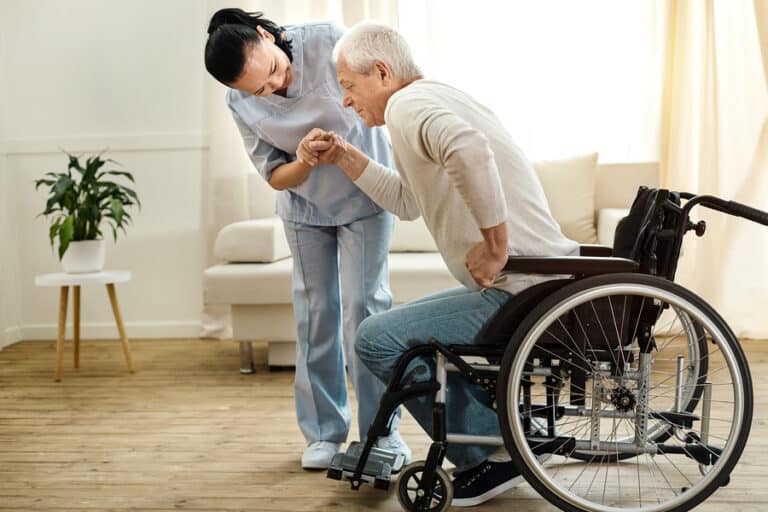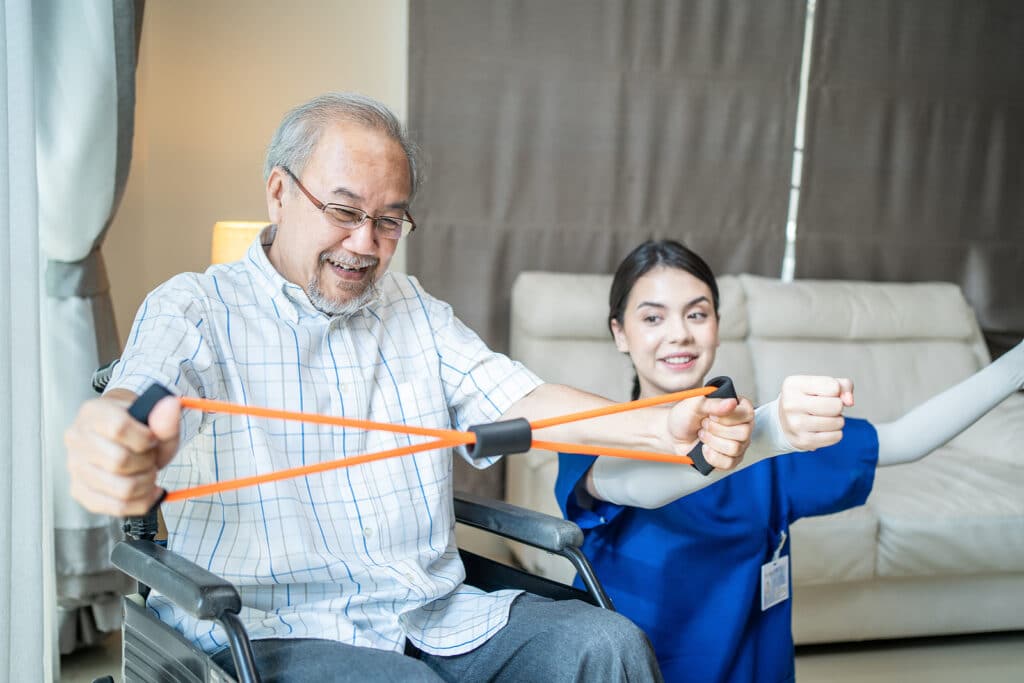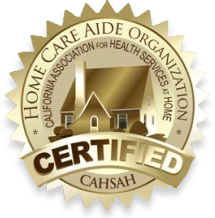Returning home from the hospital might be a welcome relief. However, it is critical to understand that the path to full recovery does not end at the hospital. Many people, particularly the elderly, may be concerned about the risk of falling during the post-hospitalization period. This makes sense, as according to the Centers for Disease Control and Prevention (CDC), falls are the largest cause of injury-related deaths in older persons, as well as nonfatal injuries and trauma hospitalizations. As a result, implementing effective fall prevention methods as part of the post-hospital care plan is critical to a smooth and safe rehabilitation process.
Understanding The Risk Factors
Before getting into preventive measures, it’s critical to understand the variables that cause falls, particularly following a hospital stay. This may include:
Reduced Mobility: Prolonged bed rest or limited mobility during hospitalization can cause muscle weakness and impaired balance, increasing the risk of falling when seniors return home.
Medication Adjustments: Post-hospital care frequently includes medication adjustments, some of which may produce dizziness, sleepiness, or other adverse effects that impair balance and coordination.
Environmental Dangers: Tripping dangers in the home can include loose rugs, congested pathways, or poorly illuminated rooms.
Post-Surgical Effects: Recovery from surgery may result in temporary physical impairments, soreness, or discomfort, compromising movement and balance.
Implementing Effective Fall Prevention Strategies
To reduce the risk of falls and encourage a safe recovery at home, loved ones should consider the following strategies when implementing post-hospital care:
Home Safety Assessment: Conduct a complete assessment of the home surroundings to detect any potential hazards. Remove any impediments, fasten loose carpets, increase lighting, and put grab bars in bathrooms and stairwells as needed.
Medication Management: Consult with the healthcare team to confirm that all medications are appropriate and correctly dosed. In addition, ask home health providers about any potential adverse effects that could impair balance and coordination.
Physical Activity and Rehabilitation: Physical activity and rehabilitation might be part of the post-hospital care plan. Seniors with home care by their side benefit in this area as they have someone to not only encourage them but ensure they’re maintaining safety during the exercises. Exercises might include activities meant to increase strength, balance, and flexibility, which will help with fall prevention and general recovery.
Education and Awareness: Home health can also educate both seniors and loved ones about fall hazards and prevention strategies, providing important knowledge and peace of mind.
Empowering Seniors
Fall prevention is only one part of post-hospital care for seniors. Not only that, but it’s not the responsibility of only one person. For the best chance at a full recovery, seniors need a well-rounded support team that includes loved ones, home health providers, their medical team, and anyone else deemed necessary. In addition, seniors should be encouraged and feel comfortable asking questions or voicing concerns about not only the post-hospital care plan but also anything else they need assistance with.
It’s important to remember that preventing falls is about more than just avoiding harm; it is also about maintaining independence, quality of life, and peace of mind for seniors and their loved ones. By prioritizing safety and adopting preemptive precautions, home health can assist seniors in thriving as they transition from hospital to home, creating a supportive atmosphere conducive to recovery.
If you or an aging loved one are considering hiring Post Hospital Care in Citrus Heights, CA contact the friendly staff at Home Care Professionals today.
- Liver Cancer Symptoms and Risk Factors - April 24, 2025
- Seven Indicators That Your Loved One Could Benefit from 24-Hour Home Care - April 18, 2025
- Creating Visual Cues to Support Independence for Seniors With Alzheimer’s - April 9, 2025





